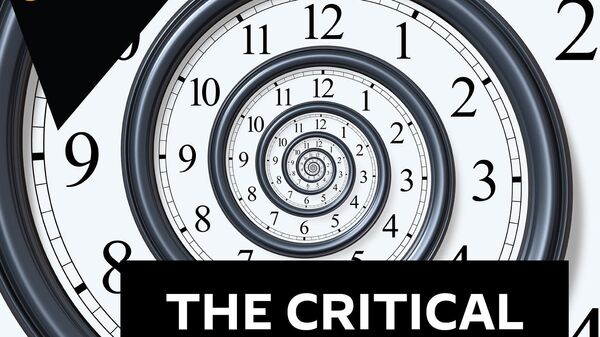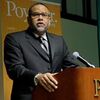As Robert Bowers, the man accused of killing 11 congregants in a hate-filled attack on a Pittsburgh synagogue, prepared to make his first court appearance today, survivors and relatives of the victims were still struggling to come to terms with the enormity of the loss. What does this say about hate and vitriol in the American political landscape, especially in the context of the man who killed two people at a grocery store last Wednesday? A white man, Gregory A. Bush, 51, who allegedly killed two people at a Kroger grocery store in Kentucky, tried to enter the First Baptist Church in Jeffersontown, a predominantly black church nearby, just minutes before the fatal shooting. Maurice Stallard, 69, and Vickie Jones, 67, were shot in the grocery store and the parking lot, respectively. Rabbi Michael Lerner writes, in response to "the love pouring out toward the Jewish community from all sectors of this society" since the massacre on Saturday: "The good news is this: despite the negativity, hurtfulness, and evil that has increasingly gotten support by the Trump administration and sections of the Republican Party, there is a fundamental decency and goodness in most people on this planet and in the US." The leaders of a progressive Jewish organization in Pittsburgh said President Donald Trump should not visit the city as it mourns unless he changes his tone.
Jair Bolsonaro, the far-right candidate, wins Brazil's presidential election. We've talked about the possibility of this happening, but now it is a reality. Mr. Bolsonaro's pledge to fight crime and corruption following a string of scandals have won him mass support. However, critics are worried by his praise of Brazil's former dictatorship, and by his comments on race, women, and homosexuality. The question being asked in the bourgeois press is: what psychological malady is taking hold that could persuade voters to elect such a person? The framing poses the resurgence as inexplicable, as the result of the fundamental flaw of democracy: the voters. A litany of failures is redistributed downward. Because Mr. Bolsonaro is politically repressive and culturally intolerant, the electorate must want political repression and cultural intolerance. Because Mr. Bolsonaro is a gender bully and homophobic, voters must be gender bullies and homophobic. Missing from explanations of the rise of Mr. Bolsonaro is that for the last decade, Brazil has experienced the worst economic recession in the country's history. Fourteen million formerly employed, working-age Brazilians are now unemployed.
Americans' personal income is up, but not as much as economists expected. The Bureau of Economic Analysis reports today that personal income rose two-tenths of a percent last month. That's half the increase analysts had forecast. But Americans aren't shy about spending what they make. Consumer spending increased four-tenths of a percent in September, right on the experts' prediction. Jake Johnson writes in Common Dreams that while we see this, billionaires made more money in 2017 than any other year in history. "The past 30 years have seen far greater wealth creation than the Gilded Age," the UBS annual billionaires report says. Could this systemic inequality result in a change of public perception resulting in civil unrest as people see their American Dream become more of a nightmare? What does this inequality mean for the country going forward?
GUESTS:
Earl Ofari Hutchinson — Political analyst; author of Why Black Lives Do Matter; the host of the weekly Hutchinson Report on KPFK 90.7 FM Los Angeles and the Pacifica Network.
Michael Lerner — American political activist, the editor of Tikkun, a progressive Jewish interfaith magazine based in Berkeley, California, and the rabbi of Beyt Tikkun Synagogue in Berkeley.
Gerald Horne — Professor of history at the University of Houston and author of many books, including Blows Against the Empire: U.S. Imperialism in Crisis.
Tom Porter — African American Studies Department at Ohio University and former director of the King Center in Atlanta.
Dr. Jack Rasmus — Professor of economics at Saint Mary's College of California and author of Central Bankers at the End of Their Ropes: Monetary Policy and the Coming Depression, who also writes at jackrasmus.com.
We'd love to get your feedback at radio@sputniknews.com


